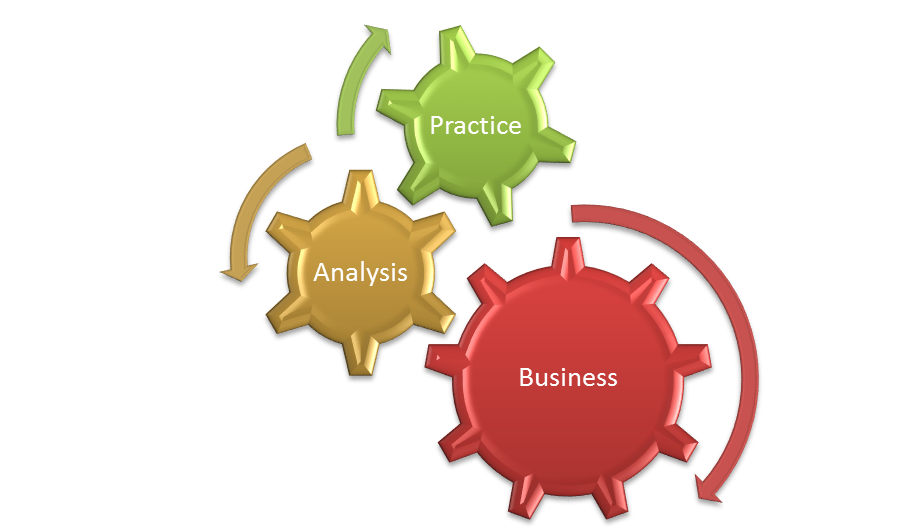Northampton
Northampton is the county town of Northamptonshire, England. It is located on the river Nene, that is about 67 miles north-west of London and 50 miles south-east of Birmingham. In the 2011 census, the estimated population was about 212,100.
Administration
Politics
In 1295, the Northampton constituency was established, that returned two MPs to the House of Commons. In 1796, Spencer Perceval was elected as MP for the constituency and became Prime Minister of the UK in 1809.
Local Government
Northampton Borough Council is the borough council and non-metropolitan district that is responsible for the local government in Northampton. The council adopted the cabinet and leader decision- making a model. It consists of 45 councillors who represent 33 wards in the town that is overseen by a mayor. Currently, it is controlled by Conservative Party and is led by Mary Markham since her election in 2015. Northampton Guildhall is the main council building.
Health Services
NHS Northampton guides primary care services in the town as it directly provides adult social care and services in the community. In 1744, Northampton General Hospital was founded which is an NHS trust hospital to provide healthcare to the local community.
NHS’s East Midlands Ambulance Service is responsible for the provision of statutory emergency services in Northampton.
Climate
As with the rest of the British Isles, Northampton practices a nautical weather with cool summers and slight winters. The official Met Office climate station for Northampton is the Moulton Park Climate Position at the University of Northampton. Located at a promotion of around 130 m (427 ft.) above sea level likened to Northampton Town Centre at 50 to 60 m (164 to 197 ft.), it is one of the maximum points in the Borough, and so may not be a perfect picture of other parts of the town. Its summit site means less combining of cold air on calm, clear nights, and lower maxima during summer. The total maximum logged is 34.7 °C (94.5 °F) on 3 August 1990. A high of 34.4 °C (93.9 °F) was logged on 19 July 2006. The total minimum is −16.8 °C (1.8 °F), logged during February 1986.

 ENQUIRE
ENQUIRE
 REQUEST CALLBACK
REQUEST CALLBACK
 GET A FREE QUOTE
GET A FREE QUOTE


 Introduction
Introduction Course Details
Course Details Course Content
Course Content





 London
London